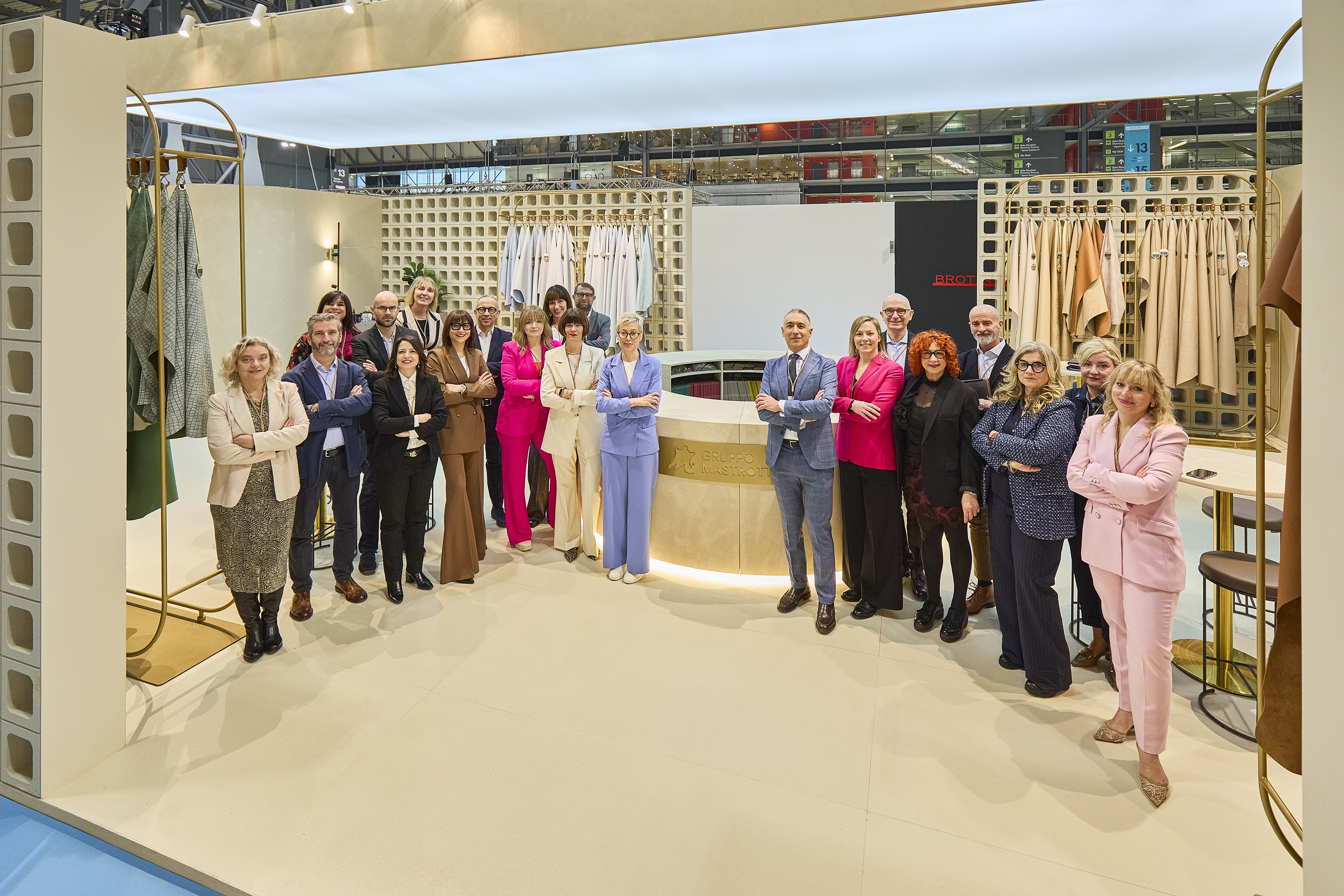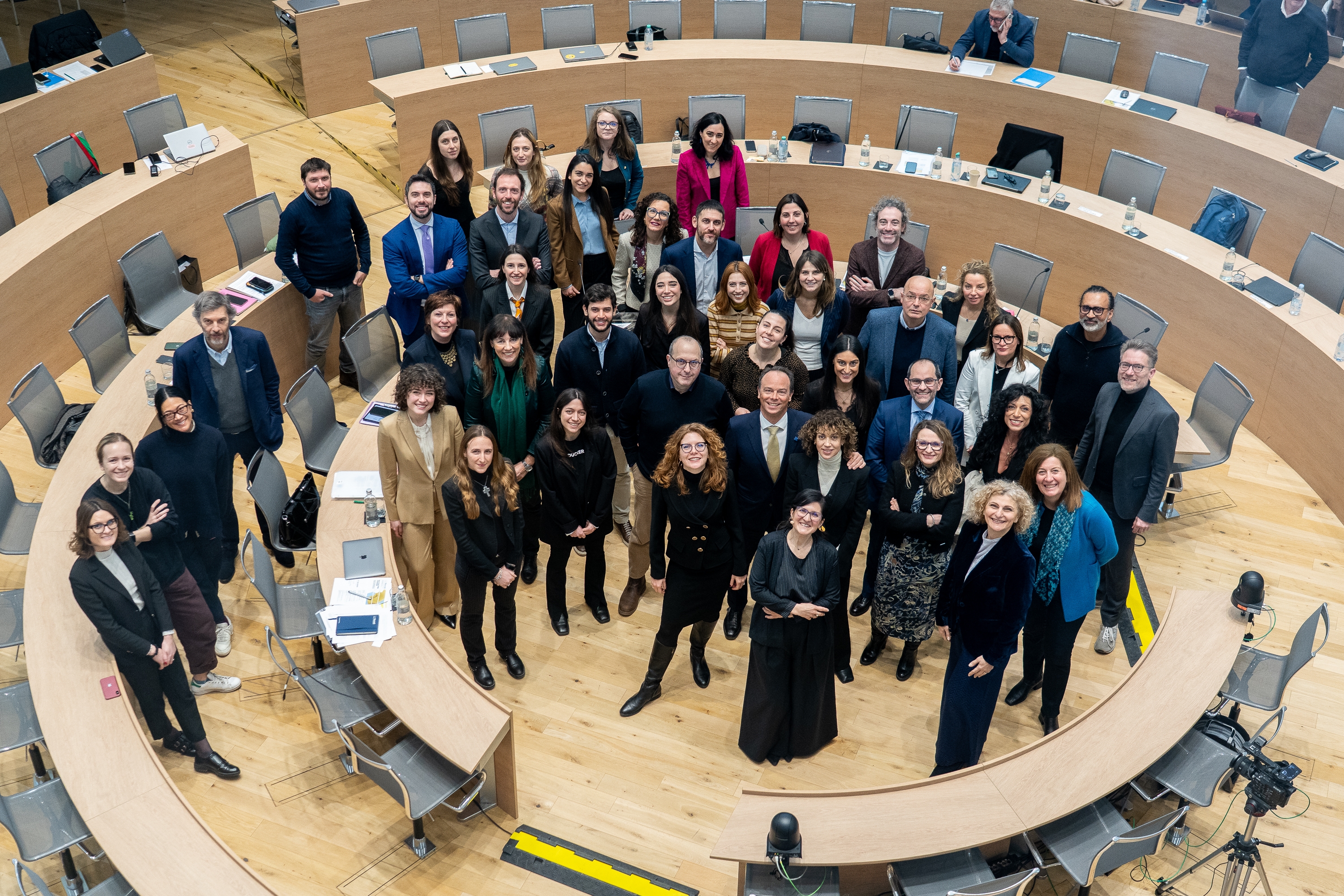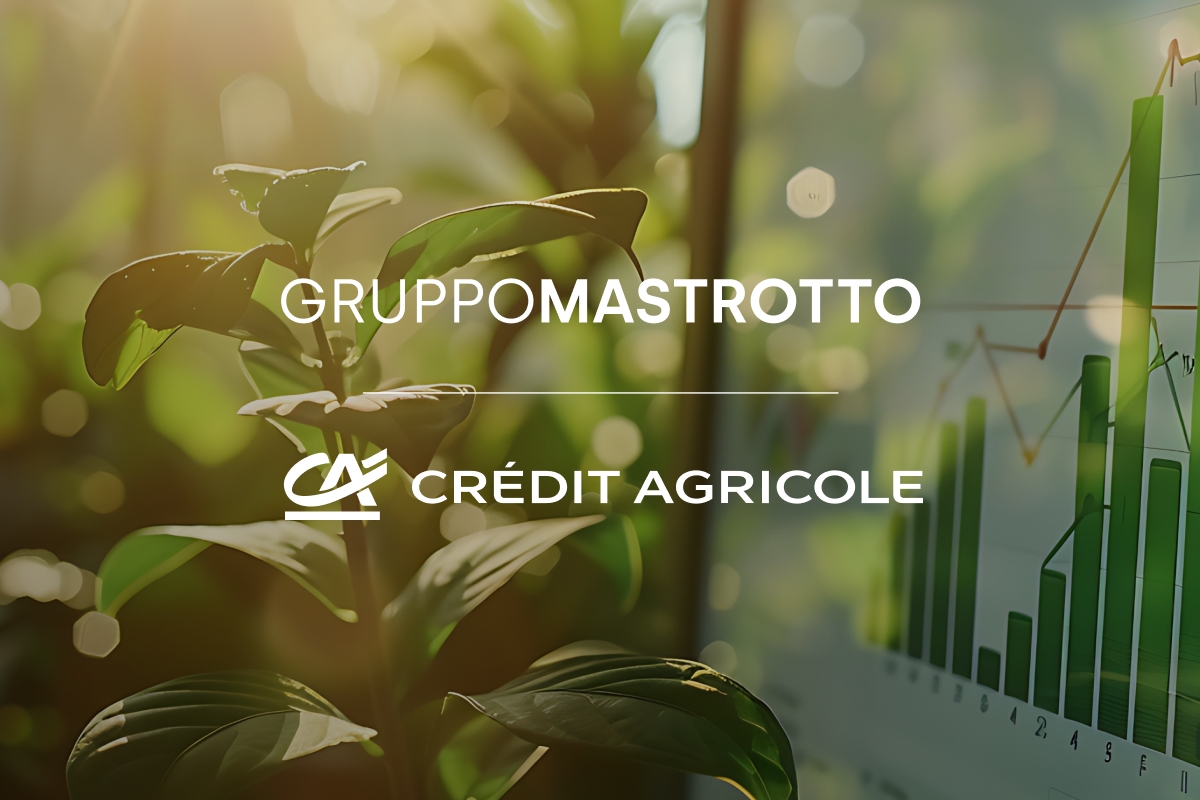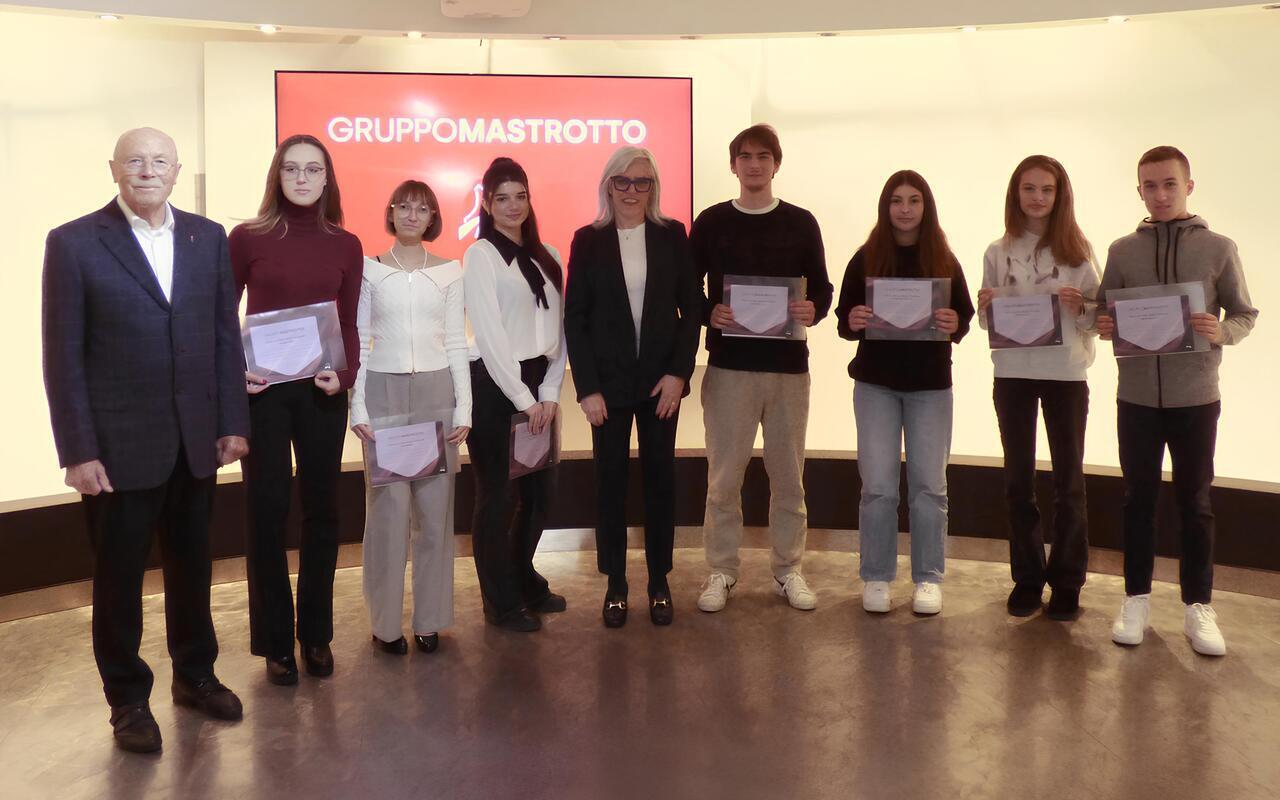Gruppo Mastrotto publishes the second sustainability report

With the publication of the second Sustainability Report, our Sustainability Journey continues, a journey that starts from the oldest product of circular economy: leather is in fact a by-product of the food chain, which is ennobled through production processes, avoiding its disposal, to give life to new products such as shoes, bags or sofas, which represent the excellence of Made in Italy worldwide.
Leather has those characteristics of renewability, circularity, naturalness and durability that cannot be derived from synthetic materials derived from fossil sources. The great challenge for made in Italy leather is therefore to continue to be a high quality product with a strong component of style, technology and sustainability.
“Our Sustainability Journey – comments Group President Chiara Mastrotto – starts from the awareness that being a global company, our choices in terms of production processes, distribution, sales, procurement of raw materials and energy, human resources management, waste and refusal treatment, have and will have a social, economic and environmental impact, and that the progressive reduction of this impact must be the main objective of our choices in order to guarantee a better world for future generations.”
The results concerning the Group’s commitment to sustainability issues are broken down into three macro-areas – Environment, Economy, Society.
This second Report shows, on the environmental front, a 51% reduction in CO2 emissions and a 23% reduction in waste production, 100% supply of electricity from certified renewable sources and a Gold Rating, the highest LWG (Leather Working Group) certification, and a raw material traceability score of 85/100, one of the highest in the industry.
The big news is undoubtedly the achievement of Carbon Neutrality in scopes 1 and 2 of the 40 collections and 1,500 colours of leathers of Gruppo Mastrotto Express, the exclusive service of customised leather.
In economic terms, over the three-year period 2019-2021, more than 50 per cent of the average value of purchases went to Italian suppliers, showing a strong link to the national territory.
The new edition of the Code of Ethics and adherence to the UN Global Compact, the largest international corporate citizenship programme, also confirm the company’s desire to pursue balanced, sustainable and inclusive corporate development.
These actions were accompanied by the dissemination of the Supplier Code of Conduct, which commits suppliers of leather and chemical products to comply with important ethical, social and environmental standards. This increasing transparency towards stakeholders is also expressed through networking, discussion and training on sustainability issues carried out with the world of schools and universities on the one hand and the Group’s customers on the other, with the belief that the contamination of experiences represents a value.
As far as social aspects are concerned: we distributed almost 60% of the added value to employees and collaborators, and a survey was also launched among employees to ask them which services they consider most useful with a view to further enhancing the welfare system.
There were also numerous initiatives to support the local area: donation of trees to the community, scholarships for academic merit to the children of employees, support for local hospitals through the donation of innovative diagnostic equipment.
“There is still a lot to be done in terms of sustainability – adds the President – and the international scenario, which is extremely complex at the moment, with ongoing conflicts, the energy crisis, difficulties in the supply of raw materials, and growing inflation, on the one hand obliges us to be prudent, and on the other makes it increasingly important and non-delegable to make a growing commitment to sustainability that is truly social, economic, and environmental. From this new Report emerges a systemic approach to sustainability thanks to an organic identification of future corporate objectives and activities, as well as an improvement in the processes of listening to and involving our stakeholders, whom we have involved in questionnaires and interviews, and who have contributed significantly to our Sustainability Plan. What began as a reporting tool has now become for us a strong element of corporate orientation, which sees a strategic approach to sustainability as a key factor for the lasting development of our company”.



